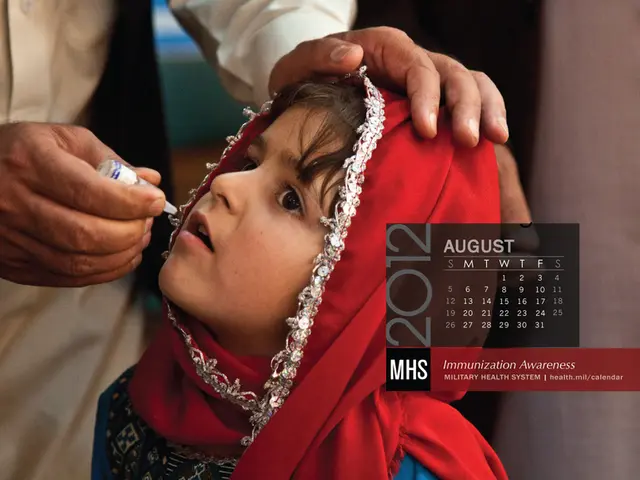Future educational strategies: Advancing children's academic progress
In response to the growing issue of language disadvantages among students, particularly those from migrant families, the Baden-Württemberg Ministry of Culture has acknowledged the need for targeted and effective support.
Starting from the 2026/2027 school year, children who do not speak enough German to attend primary school will receive support in junior classes. These classes, which were previously known as primary school support classes, will have 25 teaching hours per week and a size of twelve to twenty students.
To prepare these children for junior classes, intensive language training of four hours per week will be provided to children in their last year of kindergarten. This measure aims to help children who have only recently come to Germany and have no or hardly any German language skills.
Approximately a third of ten-year-olds have significant difficulties with reading and writing, and about a third of children will need additional language support, amounting to about 30,000 children per year. These children, even after transferring to the "regular" class, will continue to receive supporting measures.
The Greens and CDU have agreed on a million-dollar package for language promotion with the slogan "The beginning is crucial". The expansion of full-day care at primary schools is also intended to help children with language problems.
The influx of Ukrainian war refugees has further exacerbated this situation. To address this, starting with the 2026/2027 school year, parents will have a legal entitlement to full-day care at primary schools.
The Ministry of Education plans to send more so-called multiprofessional teams to primary schools. These teams consist of people with different areas of expertise, such as craftsmen or artists, as well as physiotherapists and young people who are doing a voluntary social or educational year or a voluntary professional service.
The crisis in the education system is mainly due to the language deficits of many children from migrant families. To combat this, the Ministry of Education wants to continue using the "Learning with Tailwind" concept, which involves using auxiliary staff such as students. However, instead of focusing on pandemic-related learning gaps, the program should primarily aim to further strengthen the basic competencies of reading, writing, and arithmetic in primary schools.
By the 2028/2029 school year, there are to be 832 junior class locations nationwide. The organization aiming to establish 1,900 groups for language promotion in primary schools over the next two years is not explicitly mentioned in the provided search results.
In conclusion, the Baden-Württemberg Ministry of Education is taking significant steps to address the language challenges faced by many students, particularly those from migrant families. These measures, including the introduction of junior classes, intensive language training, and the expansion of full-day care, aim to provide targeted and effective support to students, helping them to catch up and succeed in their education.
Read also:
- Federal solar energy initiatives among Wyoming's tribal communities face varying outcomes following the Trump Administration's withdrawal of funding.
- Exploring Hemp Insulation: Is This Eco-Conscious Solution Worthwhile for Your Construction Project?
- Construction fleet and urban transport emissions could see a significant reduction with the implementation of biogas as a game-changing solution.
- Fiercely battling for survival, a student hails from Ludwigsburg








